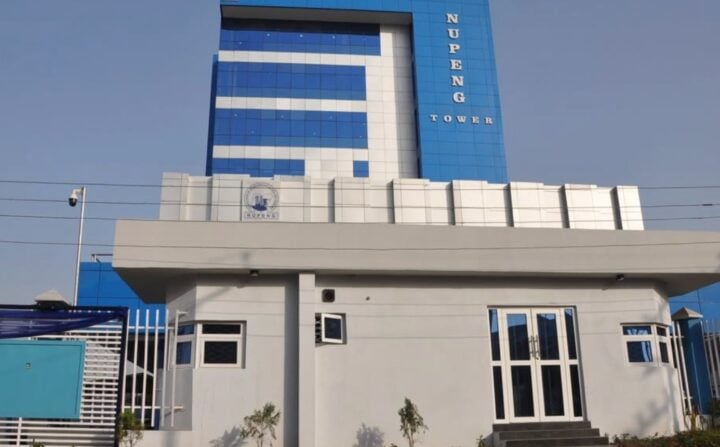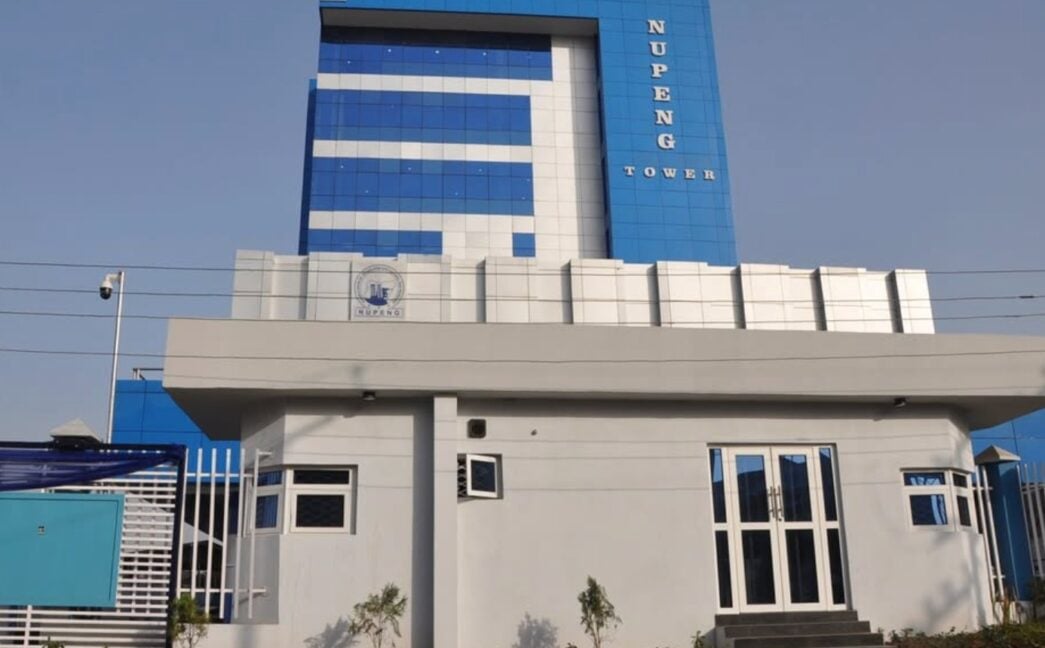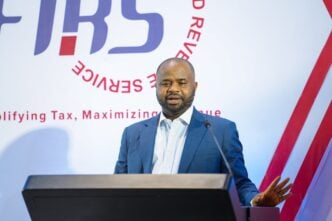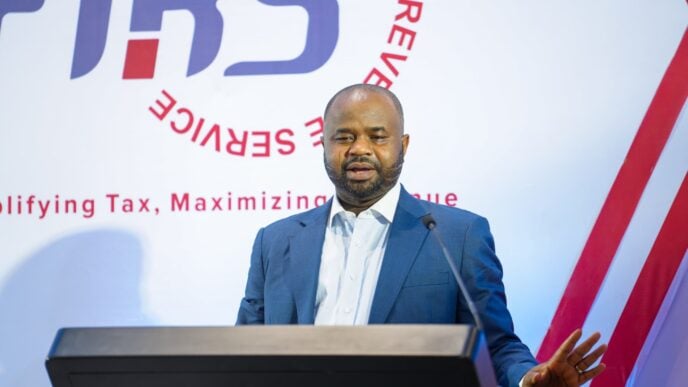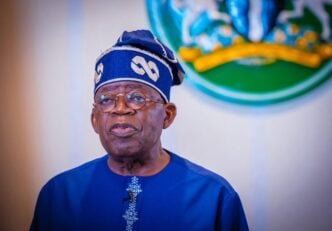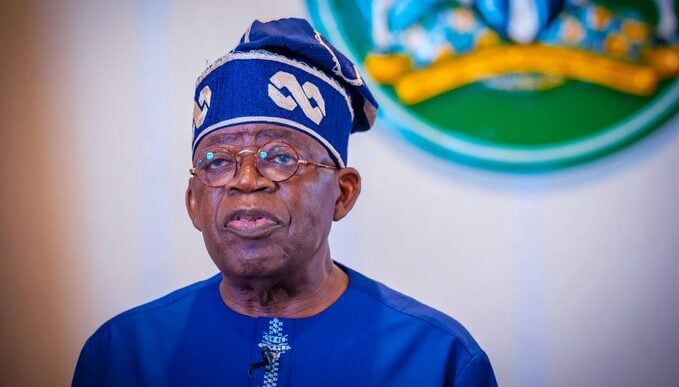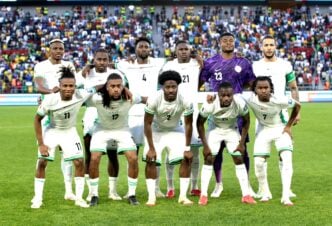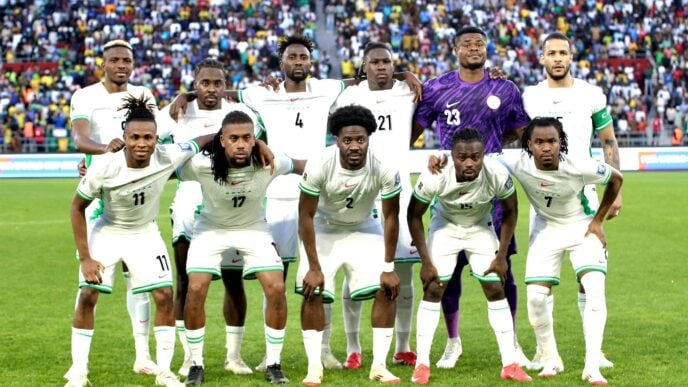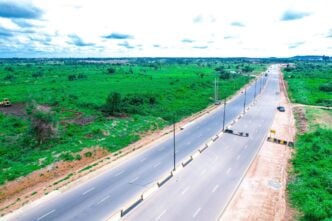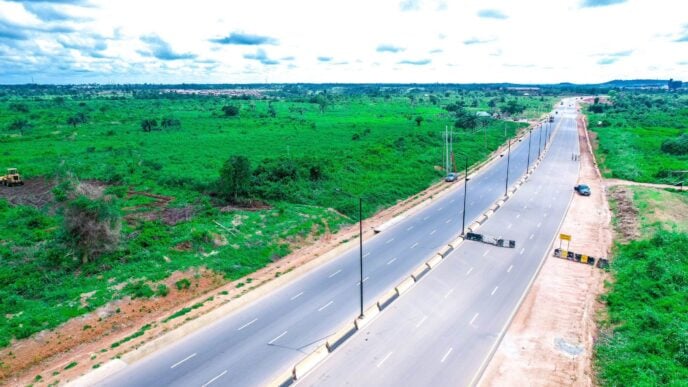BY OGUNTOYE OPEYEMI
The year 2013 marked a definitive turning point in Nigeria’s economic history when the federal government made the monumental decision to end its complete ownership and control of the electricity sector. This move was not a sudden impulse but the culmination of a long-gestating policy shift aimed at reversing decades of infrastructural decay and chronic inefficiency. The idea had, in fact, already been conceived during the tenure of President Olusegun Obasanjo, as part of a broader liberalisation agenda. However, he didn’t have the sufficient political will or capital to see it through to execution. His administration was more intensely focused on winning a contentious election and establishing new anti-corruption agencies, and he ultimately neglected the profound structural reforms required in the critically ailing electricity industry.
However, when it was the turn of President Goodluck Jonathan, the landscape shifted. Despite the widespread reservations most people held against his perceived soft-heartedness and cautious leadership style, he was able to take the bull by the horns and ensure that the era of complete government ownership of the entire electricity value chain finally came to a decisive end. His administration pushed through the privatisation process against significant political headwinds. It is crucial to note that he didn’t merely end the government’s complete role; he also successfully dismantled the powerful forces of the workers’ associations that had long held a stranglehold on the electricity sector, fundamentally reshaping the power dynamics within the industry.
The Nigeria Union of Electricity Employees (NUEE) was an extremely powerful entity during the days of complete government ownership, operating as a formidable veto player against any meaningful change. Their influence was comparable to that of the National Union of Postal and Telecommunication Employees (NUPTE) during the period when the government was still in total control of the defunct and notoriously inefficient Nigerian Telecommunications Limited (NITEL). The blueprint for this change, however, was first tested in the telecommunications sector. It all began with NITEL during the later days of President Obasanjo’s administration when he championed the idea of allowing private investors into the sector, thereby bringing in major players like MTN, Glo, and others. These new entrants were aggressively innovative and capital-rich, enabling them to wrestle dominance away from the sluggish state-owned NITEL, which quickly became obsolete in the new competitive landscape.
Advertisement
However, the most recent and dramatic incident illustrating the clash between old and new systems occurred during the first tenure of President Muhammadu Buhari. It is important to recall that the electricity privatization transaction was finalised in 2013, and after a complex transition period, the assets were officially handed over to the new private investors in November 2014. Almost immediately after the investors took over the assets, they encountered their first significant challenges, both in distribution and generation, in the form of the NUEE unions. The unions were hell-bent on ensuring that all existing staff, regardless of competency or redundancy, were not affected by the necessary organisational restructuring being implemented by the new owners. Furthermore, the new owners’ attempts to reform staff welfare policies and establish modern, merit-based recruitment modalities were fiercely challenged and obstructed by the NUEE at every turn.
However, the primary focus of the new investors was initially on achieving rapid improvements in network stability, service reliability, and revenue collection efficiency—metrics that had been abysmally low for years. Their perspective was fundamentally different from that of the union. As captured in the apt Yoruba proverb, *“Ohun tó ń ṣe épo, kò ló ń ṣe ọra.”* (What is bothering palm oil is different from what is bothering the shea tree). The investors, facing commercial pressure to perform, made the difficult decision to lay off as many NUEE members as possible whom they deemed incapable of handling the critical tasks required to deliver adequate and stable power to its customers. The skills gap was stark; some employees, who had been in the system for more than two decades, did not possess more than secondary school certificates and had not acquired a single day of additional certification or training throughout their careers. To the investors, this represented a severe case of institutional brain drain and operational redundancy. They knew fully that if they kept most of those staff, there wouldn’t be any tangible progress in their business or any hope of modernizing the grid. But it was a tough battle, and many occurrences, including protests and threats of shutdowns, made it exceptionally hard for them to swiftly do away with the NUEE’s influence.
Consequently, in December 2016, exactly two years after the historic handing over of the nation’s electricity assets to the private investors, the inevitable confrontation erupted. The NUEE chapter in Lagos, operating under the Ikeja Electricity Distribution Company (IKEDC), went on a loggerhead with their new employers. The dispute centered on several incendiary issues, including Mass Disengagement and Severance Benefits, the terms of a new Conditions of Service agreement, and allegations of Unfair Labour Practices. Due to these grievances, and a history of many more, the union executive decided to embark on a full-blown strike, authorizing the complete withdrawal of services by all critical technical staff, including linesmen, engineers, and control room operators.
Advertisement
This drastic action directly led to an immediate and total blackout across the entire franchise area of IKEDC, which covers a vast and economically crucial portion of Lagos State. This localised catastrophe was what was referred to within the power sector as a “grid collapse” for that specific region. Upon hearing the news, the then Minister of Power, Works and Housing, Mr. Babatunde Raji Fashola (SAN), was reportedly very furious and felt compelled to step in and address the issues publicly. Speaking with the authority of the federal government and leveraging his background as a trained lawyer, he publicly condemned the strike action in the strongest terms, describing it as “illegal,” “irresponsible,” and an outright act of “economic sabotage.” His core argument was that the dispute was a commercial disagreement between a union and a private company (IKEDC) and that taking such a drastic action, which punished millions of innocent electricity consumers and crippled economic activity in the nation’s commercial capital, was entirely unjustifiable. He was well supported by a large segment of the Nigerian public and media commentators who shared the view that the few cannot hold the nation to ransom due to a disagreement with their employer.
Fashola was firmly of the opinion that such industrial issues could and should have been addressed through the established judicial system and the National Industrial Court if dialogue failed, but that plunging millions of people into darkness was an act of outright wickedness and collective punishment. The NUEE had initially tried the same strong-arm tactics with most of the other ten Discos, but over time, their influence was systematically phased out of the system as many of the old-guard staff reached retirement age, while others were dismissed for various indiscipline cases or accepted voluntary severance packages.
The action of either NUEE or NUPTE confirmed a long-held belief that the government over the years had to endure the selfish, wicked, and profoundly lackadaisical attitudes of a large portion of its staff, who were shielded from accountability by the influence or mere pretence of joining a union. They had, over the decades, crippled so many government agencies and parastatals, and their interventions rarely brought any positive solutions to the systemic problems; instead, they often exacerbated them. Some analysts even believe that it was as a direct result of some of their obstructive actions that successive governments finally decided to offload those sectors, allowing the private sector to come in and deliver the positive results that had eluded the state for generations.
Today, it is another familiar drama unfolding from another critical sector in the country. The Nigeria Union of Petroleum and Natural Gas Workers (NUPENG) has been the sole dominant union in charge of the country’s energy sector for decades. Because the sector, especially the downstream segment, had been mostly under government influence and monopoly control through the NNPC, it has granted an inordinate amount of power to the association. When one reflects on their recent actions, including the strategic blocking of fuel supply routes, one is compelled to merge them with the past atrocities committed by the NUPTE, NUEE, and others who are now largely powerless and irrelevant. The actions of most of these unions do not directly affect the government machinery but rather the ordinary citizens who bear the brunt of their selfish, ambitious, arrogant, and inconsiderable actions, facing fuel queues, blackouts, and higher costs.
Advertisement
There is an ongoing and irreversible paradigm shift in Nigeria’s energy sector as new, sophisticated players are now entering the downstream sector, thereby crippling the traditional monopolistic hands of the government. Therefore, those entrenched in the old NNPC downstream system may soon fade out into obscurity as the Petroleum Industry Act (PIA) provides the legal framework for the sector to thrive in a competitive market. So, it is important to note that most of these new corporate players may not want their staff to join the NUPENG association, just as the new players in the electricity, telecommunication, and even banking sectors did not allow their workers to join the old, combative associations.
Moreover, it is a critical point of law that there is no legislation in this country that makes it compulsory for an employee to join a union; it is a purely voluntary action. NUPENG has essentially declared a war between themselves and the Nigerian people the moment they decided to blockade access to the massive Dangote refinery. Because, when the NUEE shut down Ikeja Disco’s operations nine years ago, it was millions of innocent Nigerians that suffered for it. The same exact pattern is repeating itself with the recent actions of the NUPENG leadership in the last few days.
The government must now ensure that they protect the visionary entrepreneur who decided to build the largest single-train refinery in Africa within his own country, investing billions of dollars. They must actively encourage other potential investors that their business is safe and secure in Nigeria and that no rogue entity would be permitted to sabotage their investments if they put their trust in our economic environment. Leaders are defined by the bold decisions they take in times of crisis, and these are signs that are never wanting in President Bola Ahmed Tinubu, who has staked his administration on economic renewal.
Whatever the narrow motive of the NUPENG leadership might be, it cannot be allowed to override the overriding interest of the 250 million Nigerians who would be forced to start queuing again for fuel or pay double the price simply to get by. The country is just gingerly emerging from a period of severe economic instability, and with the concerted effort of Mr. President and his economic team, it would be the height of foolishness for any association to deliberately derail these positive efforts for its own parochial gains.
Advertisement
As a nation, every citizen and institution ought to be working hard to ensure that this country gets back on its right feet and not actively join any association to sabotage it. The call for patriotism and collective sacrifice is resonating everywhere in the national discourse, and it would be profoundly wise for the leadership of the Nigeria Union of Petroleum and Natural Gas Workers to heed this urgent call and not allow themselves to be seen by history as the nation’s enemy in its hour of potential recovery.
Oguntoye Opeyemi, an engineer, writes from Lagos. He can be contacted on Twitter:@EquityOyo
Advertisement
Views expressed by contributors are strictly personal and not of TheCable.
